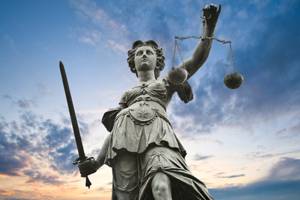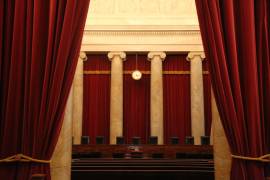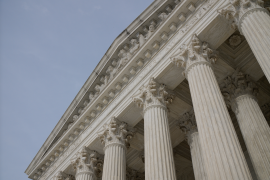If you think LGBT rights aren’t on the ballot this November, think again.
More than 60 state supreme courts and appellate courts in more than 30 states are holding elections Nov. 8. If you’re queer and you live in one of these states, your civil rights are a lot less secure as a result.
These courts have broad authority to uphold or restrict the rights of LGBT people and people living with HIV. But the scales of justice are out of balance. Judicial elections are putting LGBT equality – and our country’s very democratic principles – in increasing danger.
In 2015, an elected Tennessee judge was reprimanded for an opinion decrying the “judi-idiocracy” that resulted in the “iron fist and limp wrist” of the Supreme Court’s marriage equality ruling. Some elected judges in the South continue to resist or defy the Supreme Court’s ruling in Obergefell.





